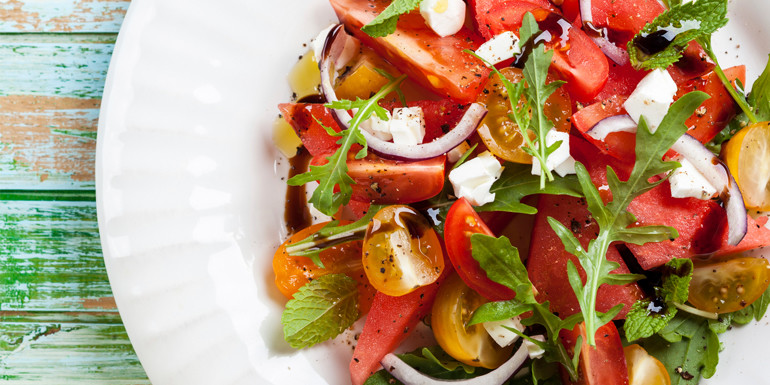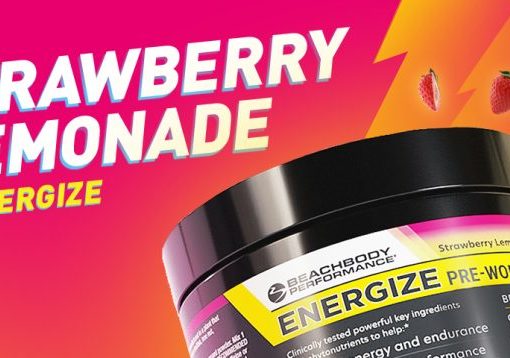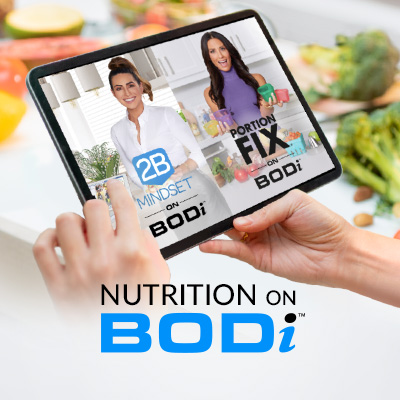
Instagram users upload 80 million photos on a given day. Granted, many of them are blurry selfies, memes, baby pics, and landscape shots, 99 percent of which have been mutilated by a gross misunderstanding of filter etiquette.
But a bundle of those 80M is also of food: colorful salads that overflow the plate, mason jars filled with overnight oats, protein muffins, tender steaks, the freshest green juices to ever pour from a Vitamix, and so on.
The ubiquitous hashtag they use? #cleaneating. But, what is clean eating? A fad? A lifestyle? A hashtag to get more people to see your photos?
“That’s a good question,†says Denis Faye, Beachbody’s senior director of nutrition content. “In my opinion, ‘clean eating’ should be shorthand for ‘eat lots of fruits and vegetables and less processed food.’
Unfortunately, it’s getting a bit overused as a cleanse type of thing, as in, ‘I need some cleaning eating now…I think you should be ‘eating clean’ all of the time. It’d be pretty neat if the buzzword was ‘educated eating.’â€
So… What Exactly Is Clean Eating?
With all the buzzwords out there, Faye’s desire for more education could certainly come in handy. A 2014 study published in the journal Food Studies found that buzzwords on packaging i.e. “organic,†“antioxidants†and “all natural†proved confusing to a 318-person test pool.
How confusing? The group rated every product that featured a buzzword healthier than the same product without the word on the label. You know, because antioxidant-rich soda is, like, way better for you than normal, rot-your-teeth soda that is void of antioxidant benefits.
The basic tenets of eating healthy (or would it be eating clean, or clean eating see how confusing it is!) haven’t changed in about a zillion years: Consume fewer processed and fried foods, and eat more fruits and veggies. “Those are two pretty important rules I think everyone should follow,†says Faye.
Also, munching on too many “clean foods†can still lead to weight gain. Portion control and keeping macros in line with fitness goals is still important.
“When I was a kid, I was really unhealthy and fat,†says Faye. “We had a salad bar at my school, so my [lunch] every day would be iceberg lettuce, ham, and peanuts, and I’d drown the whole thing in Thousand Island dressing. I was so ignorant about food that I assumedthat was healthy.â€
Some food and health writers have hypothesized that the term “clean eating†has evolved into an elitist way of shaming folks who can’t afford to shop at Whole Foods or don’t have a farmer’s market near their home.
“When I give people a diet, I do it with the understanding that I’m giving them a baseline,†Faye explains. “If I go where people are struggling economically, I won’t start to lecture them on organics that’s absurd.â€
But, what transcends economics for the majority is the lack of understanding about what is and isn’t healthy when it comes to food. Some simplification might be in order: Eat as many whole foods as close to their natural state as possible that you can afford. And pass that message along. #educatedeating
From the Team Beachbody Blog. Click here to read more articles



